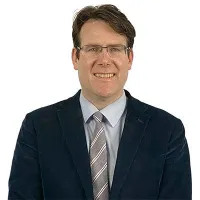Blogs

Ome > 100 = 7*rod
High dose opioids kill people
Ome > 100 = 7*rod
The above mathematical formula can be translated as follows.
Patients suffering from chronic non-cancer pain who are on doses of opioid analgesics that exceed the equivalent of morphine 100 mg daily are potentially seven times more likely to die than those not taking opioids to manage their pain.
What is OME?
OME is the oral morphine equivalent: it is an estimate of the potency of the opioid as compared to morphine. For example, oxycodone at a dose of about 60 mg daily is equivalent to morphine 100 mg daily.
What is 7*ROD?
This means seven times higher risk of death.
This is a wake-up call to us all. As doctors we can no longer simply escalate the dose of opioids for our patients who suffer from chronic pain: we cannot chase the pain with opioids as we may have done in the past. We have to focus on patient safety and, in the first instance we need to act to minimise this risk of death. Secondly, we must be cognisant of the other risks associated with long term opioid therapy including the endocrine side effects of adrenal suppression and sexual dysfunction. Not many of our male patients are aware that opioids can cause erectile dysfunction, loss of libido and infertility.
Opioid weaning is now recommended for patients who are on doses of opioids that exceed the 100 mg morphine equivalent per day. The recommended rates vary but are around the 10 percent per week mark. Opioid weans are fraught with angst, especially in those patients that suffer from depression, present with high pain scores, or are already on very high doses of opioids. Nonetheless we cannot ignore the brutal reality of the situation. These are the very patients we should be weaning off opioids for one very important reason: their elevated risk of death

